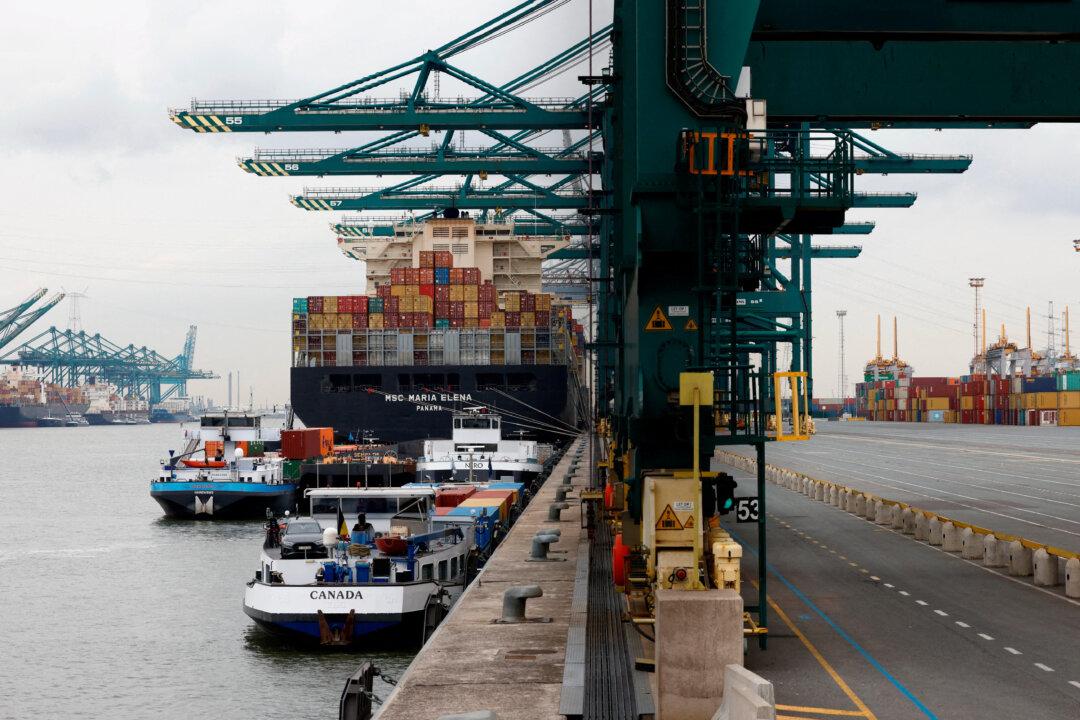A number of large shipping companies and oil firms have said they are suspending transit through the Red Sea to avoid attacks on vessels by Yemen’s Houthi rebels amid the Israel–Hamas war. Oil prices rose sharply on the news.
Brent crude, the global benchmark, was up about 2 percent at $78.15 a barrel by 1:45 a.m. New York time on Dec. 18. U.S. oil also rose by about 2.4 percent, to about $73.47 a barrel.





